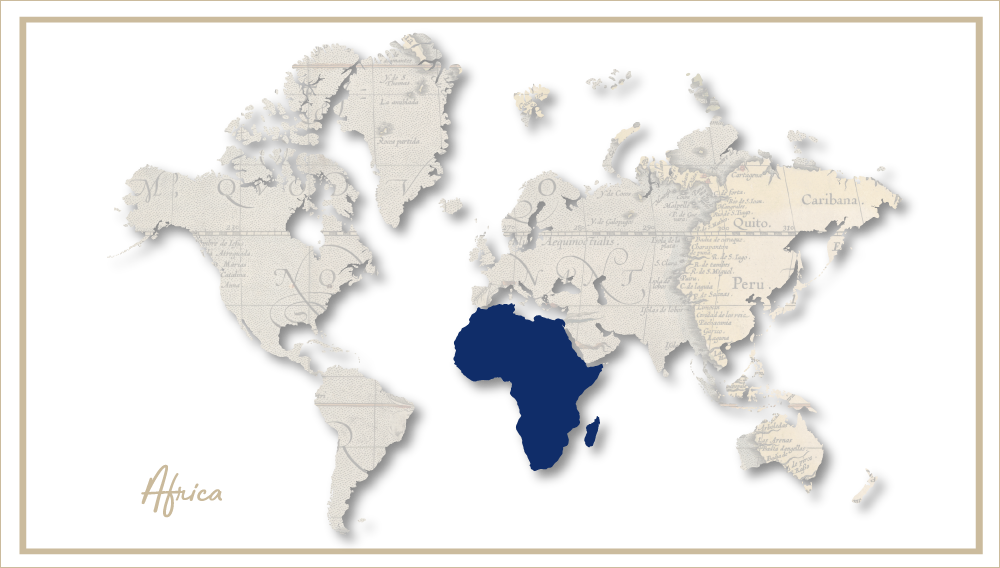Unions may prove road block to MegaBrew
They may not like this. AB-InBev’s takeover of SABMiller could well take up to 18 months to be cleared as South African unions gear up to fight deal, The Wall Street Journal speculated on 25 February 2016.
Although AB-InBev’s CEO Carlos Brito assured analysts and media that the takeover of SABMiller was well on track, it’s unions and South African suppliers worrying about job losses that has led the Congress of South African Trade Unions, which represents employees across the country, to oppose the deal. Because of AB-InBev’s reputation for cutting costs and shedding jobs, it is gearing up to fight the transaction.
That has sown doubts whether AB-InBev will be able to secure South African regulatory approval and close the deal during the second half of the year, as announced.
The deal will test a unique aspect of South Africa’s regulatory process that requires weighing a deal’s impact on so-called “public interest,” namely employment. Official unemployment figures in South Africa say that one in four adults is unemployed.
The Wall Street Journal, citing Sanford C. Bernstein & Co. analyst Trevor Stirling, believes that getting the green light in South Africa could be AB-InBev’s biggest hurdle. It could take a minimum of 12 months and possibly 18 months or longer, making it slower than the regulatory process in the U.S., Europe and China.
There are precedents for this concern. When U.S. retailer Walmart took over the South African chain Massmart in 2010, a deal which was also opposed by trade unions, it took roughly 18 months to close, about a year longer than hoped.
Similarly, when the Gutsche Family Investments, Coca-Cola Co. and SABMiller agreed to combine soft-drink bottling operations in late 2014, South Africa’s competition commission didn’t recommend the deal for more than a year, and did so only under the condition the merging parties lay off no more than 250 people. The deal is still pending. Coke now expects it to close in the second quarter, about 16 to 18 months after it was announced.
South Africa is important for AB-InBev for two reasons: one, it is hugely profitable because SABMiller enjoys a near-monopoly; two, it would give it a presence on a continent that is one of the world’s only growing beer markets. African volumes rose 2.6 percent last year while global volumes contracted 0.1 percent, according to Plato Logic, a market research company.
Moreover, South Africa is a critical piece of the regulatory-approval process. According to The Wall Street Journal, AB-InBev told bond buyers it would close the merger by mid-November 2016. Two spin-off deals – for SABMiller’s stake in MillerCoors to Molson Coors and for the Grolsch and Peroni brands possibly to Asahi – are dependent on it.
So far only India’s antitrust watchdog – one of nine key markets to approve the deal – has nodded consent.
Keywords
South Africa acquisitions international beverage market mergers takeovers
Authors
Ina Verstl
Source
BRAUWELT International 2016

